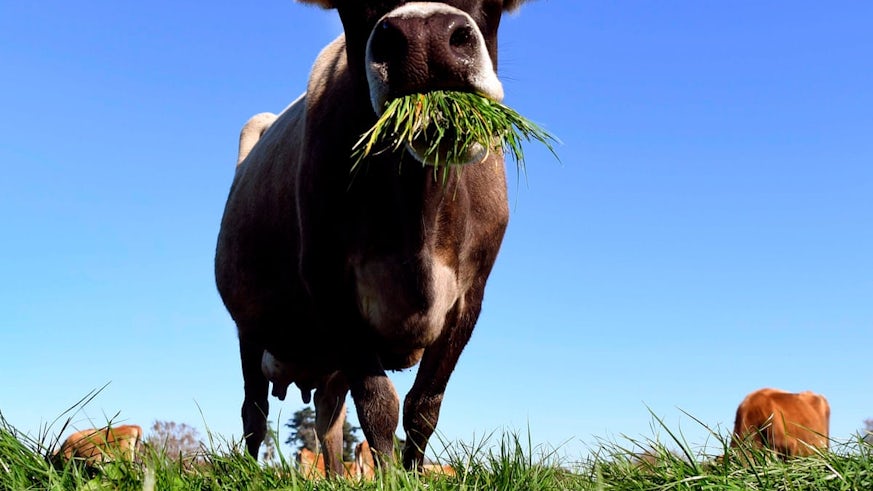School of Pharmacy publishes findings that could help climate change
25 November 2021

Research conducted at the school of Pharmacy and Pharmaceutical Sciences has discovered that by changing the diet of cows the amount of methane they produce can be greatly reduced, a finding that could have far-reaching consequences in the fight against climate change.
Methane comprises around 16% of total greenhouse gas emissions and given that it is 25 times more potent than carbon dioxide poses a real problem to our warming climate. 40% of all methane emissions come from agriculture and so finding ways of reducing that output would be an important tool in stabilizing our atmosphere.
Dr James Blaxland, who now works as a researcher and lecturer at Cardiff Metropolitan University, and Professor Les Baillie of the School of Pharmacy studied hop extracts and their action on the major methane-producing organism Methanobrevibacter ruminantium, which live inside cattle. In their experiments they found that the antimicrobial properties of hops were able to kill the organism and in so doing reduce the amount of methane being produced in the cow’s first stomach, the rumen. Whilst their tests were lab-based it is hoped the research could be expanded to trials in cattle, which would in turn be beneficial to the animal because M. ruminantium steals as much as 12% of the food energy that the cows take onboard.
The publication of their paper is timely following the COP26 climate summit where the governments of the world attempted to limit global warming to 1.5°c. Dr. Blaxland said, “This is another study which highlights the importance of studying natural products for their bioactive properties.”